These days, many business owners are beginning to realise how important business reporting is for decision making and business growth.
Unfortunately, many businesses struggle with system reporting accuracy.
If this sounds like you, you may be making ill-informed or incorrect business decisions based on inaccurate or out-of-date information.
Here are 3 ways you can improve your system reporting accuracy for data quality management:
1. Know thy data
In order to improve data accuracy, you need to be knowledgeable about the data your collecting, why it’s being collected, and where it’s coming from, which helps to ensure that the data sets received from reliable data source. Not only is it expensive to collect data you don’t need, but it can make it more difficult to accurately track the data you do need which leads to inaccurate results.
Your data should also be validated as it’s entered, with your systems automatically flagging inconsistent or missing information. This often comes down to the employees who are entering the information, so encourage them to triple check the data they’re entering to ensure data accuracy. You can also make their lives easier by decreasing the number of times to reduce wasting time as they need to enter the same data.
2. No more Excel
 There’s a reason Excel has been the most popular choice for data storage for businesses around the world like in data warehouse purposes. Many people grew up using these spreadsheets, and can at least perform basic data entry and calculations. Excel is also a cost-effective way for new businesses to store data from a range of different sources.
There’s a reason Excel has been the most popular choice for data storage for businesses around the world like in data warehouse purposes. Many people grew up using these spreadsheets, and can at least perform basic data entry and calculations. Excel is also a cost-effective way for new businesses to store data from a range of different sources.
Unfortunately, Excel can no longer be a long-term system reporting solution for most businesses measure data quality purposes. As the real world continues to embrace big data, you’ll soon notice that Excel simply can’t analyse all of this data to filter out incorrect data, or give you information in real-time for data analytics purposes.
And while multiple people may have access to the same spreadsheets, problems arise when they all have free reign to update those spreadsheets and store them locally on their computers. When this occurs, it’s often difficult or impossible to know which version’s data is accurate.
This also makes it more difficult data management for team members to collaborate since everyone has different information. And even the best Excel user will struggle to spot trends or gain deep insight into the business when the information is out-of-date or just plain wrong leads to poor data quality issues.
3. Invest in a new system
If you want to improve your system reporting accuracy, you may need to invest in a new system to ensure quality assurance which helps to improve customer service. Sure, this can be challenging if you’re moving away from a legacy system. But this choice is something that all business owners and executives will eventually face as we move into the future to mitigate data inaccuracy issues.
While it may seem time-consuming and expensive to make the switch to a new reporting system, it will be hugely beneficial for your business. If you’re not sure if the move is right for you, spend some time analysing to meet quality standards of your business. Consider the hours of employee productivity you’re losing each month as staff are struggling to get their hands by wasting time on the information they need or dealing with confusing or inaccurate data.
You should also think about the potential for business growth. Once you’re getting accurate information about every part of your business, you can gain insight into what is and isn’t working for your customers, see where you’re losing money within the business, and notice opportunities to scale.
If you’re not yet ready to make the switch to a new system, an experienced software development company can suggest applications or systems which have proper data integration with your current reporting system to improve accuracy.
Ready to improve your system reporting accuracy? Contact us today to discuss your options.




